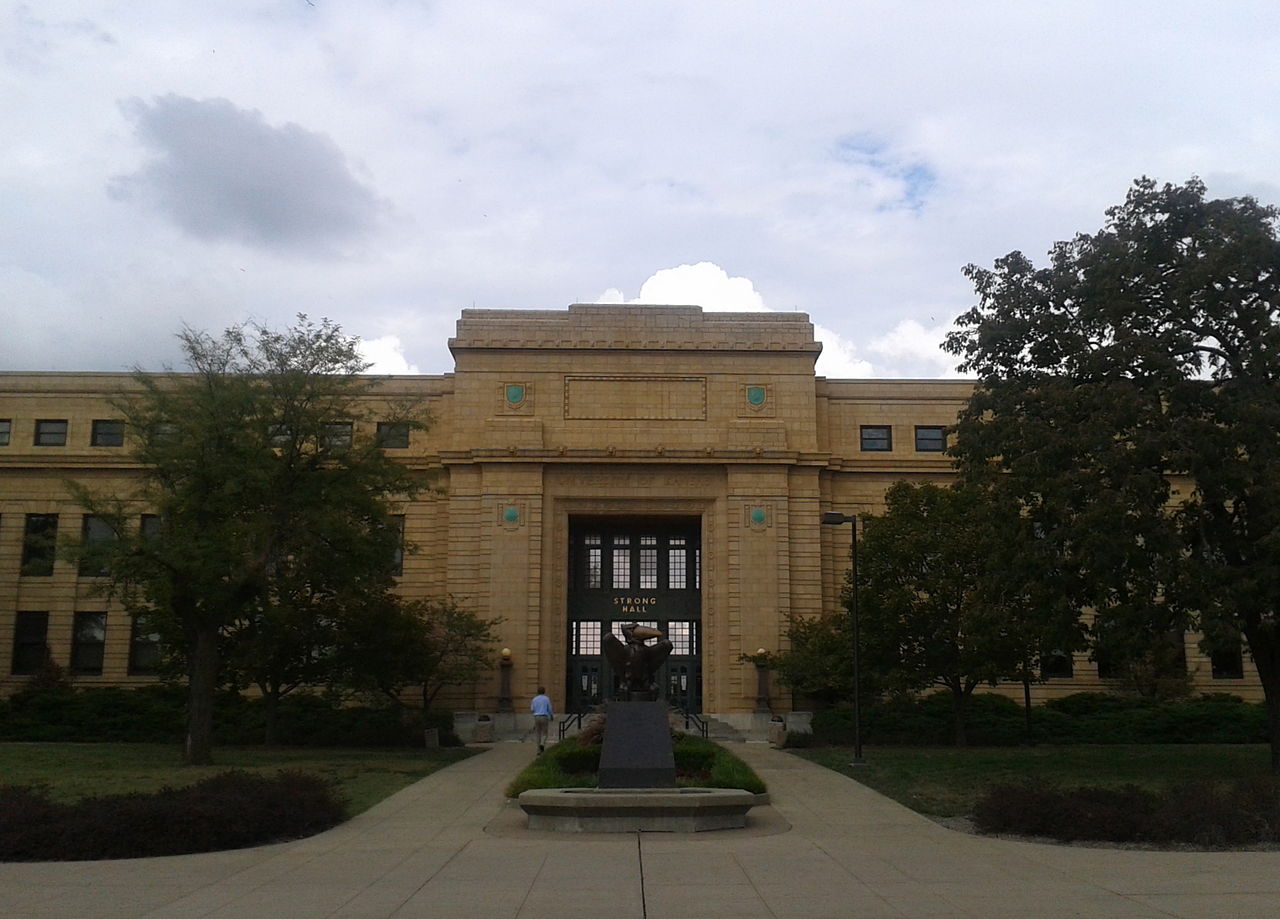KANSAS (Transatlantic Today) – On Thursday, a researcher was found guilty of illegally hiding work he did for China while working at the University of Kansas.
Judge Julie Robinson of the United States District Court for the District of Kansas is still considering a defense move to toss the suit involving Feng “Franklin” Tao of Lawrence, Kansas. According to ABC NEWS, Robinson instructed the lawyers to present their arguments in writing on Monday, and the trial will continue while she considers the matter.
He was convicted of three charges of wire fraud and one charge of false statements for failing to disclose on conflict of interest documents that he had been appointed to the Changjiang Professorship, a Chinese talent programme, in grant applications. He went to China as part of that programme to establish a research facility and recruit employees for Fuzhou University, lying to the University of Kansas that he had been in Germany.
It was “an elaborate lie” to deceive the university, the National Science Foundation, and the US Department of Energy, according to prosecutor Adam Barry.
However, defense counsel Peter Zeidenberg maintained that Tao was only “moonlighting” and emphasized during the hearing that Tao was such a brilliant researcher that he was recognised by the University of Kansas in April 2019 – just months prior to his arrest. He said that Tao accomplished all of the studies for which he was granted funding, and that his work in China was legal because he wasn’t compensated for it.
Tao’s involvement with both institutions was disclosed in some publications, indicating that he wasn’t trying to hide it, according to Zeidenberg. He didn’t react to a text message inquiring about the ruling right away.
The lawsuit involving Tao was part of the Justice Department’s China Initiative, which was launched in 2018 to combat economic espionage and theft of trade secrets. The government terminated the programme in February after public backlash and failed convictions, while officials vow they will continue to investigate the Chinese threat.
Tao, who was born and raised in China and immigrated to the United States in 2002, started working at the University of Kansas’ Center for Environmentally Beneficial Catalysis in August 2014. The center performs research on sustainable solutions to save energy and natural resources.
On wire fraud, Tao risks up to 20 years imprisonment and a fine of up to $250,000, and for each of the programme fraud charges, he faces up to 10 years in federal penitentiary and a fine of up to $250,000.


























